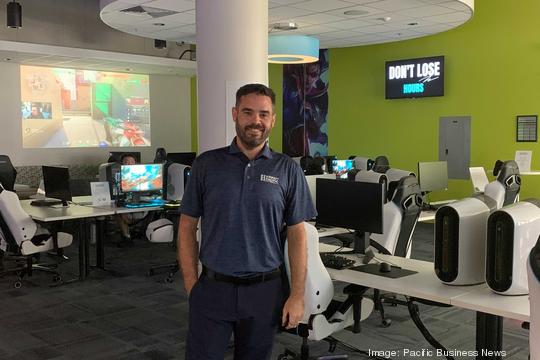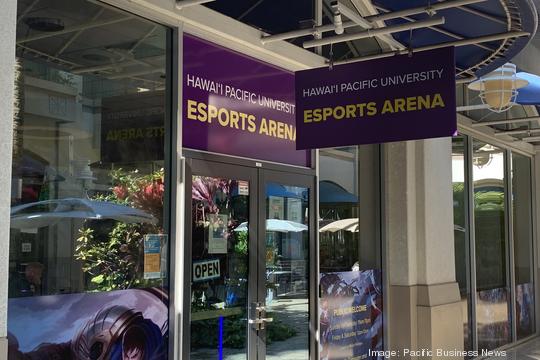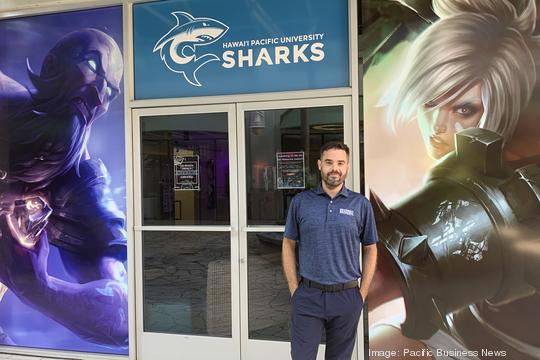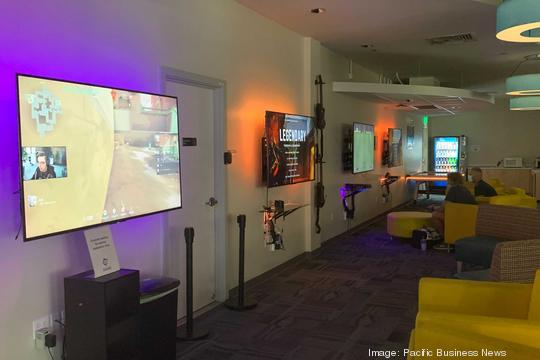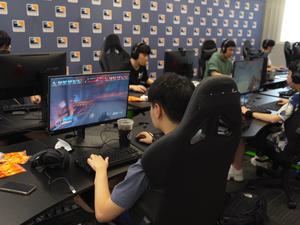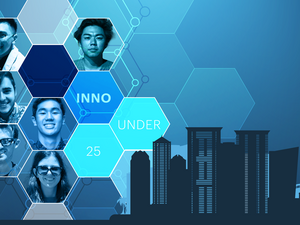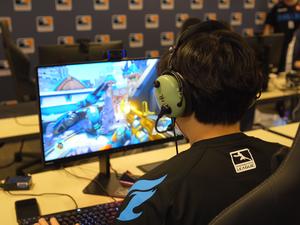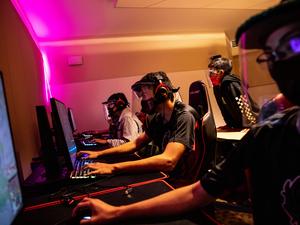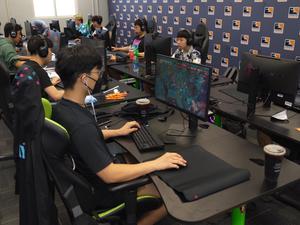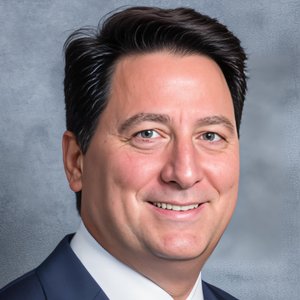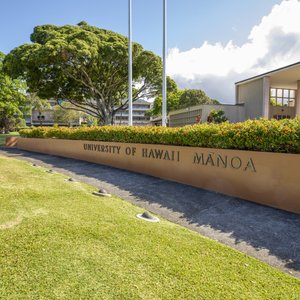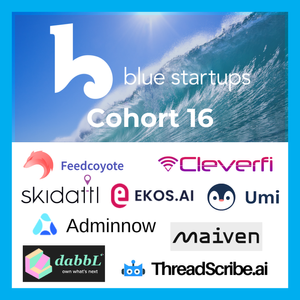Hawaii Pacific University is in the process of reviving its esports program and arena at Aloha Tower Marketplace after operations were hit hard by the coronavirus pandemic.
HPU's new esports director, Jordan Oliver, is attempting to shepherd the program and its still-sizable 3,000-square-foot gaming space back to the place of visibility that it enjoyed upon its launch in 2017 through 2019 — really, right up until the pandemic forced shutdowns and effectively halted its momentum.
"It definitely put the brakes on where they were going," said Oliver, 33, who came on board in August after helping Randolph College in Virginia launch its esports program. "I think the trajectory was [heading] really well, when you look at the numbers coming through here and the amount of interest in tournaments going on, they were in the right spot. It’s really a shame. I think they had a good roster [of esports athletes]. I think they were right where they needed to be."
Over the last year-plus, there was significant turnover among the HPU staff and esports players. But Oliver has established a staff of eight, a roster of 18 to 22 regular esports players, and last month the arena saw significant gains in foot traffic in the arena for both HPU students and the general public.
HPU's administration is still serious about the arena at the Aloha Tower campus, Oliver said, and has met on a weekly basis about its progress. The goal is still to run the space — which features 18 gaming PCs with RTX 3080 GPUs, and a handful of console gaming stations — like a business.
The operative word has been "re-dedication."
"We have a good student working staff. There’s a lot of teachable lessons … from the retail side, from the marketing side," Oliver said. "Coming in here, it really was, ‘hey Jordan, we are perfecting these systems. Let’s get these in place so we can back where we were and … where we should be.' There should hopefully be a line out the door for some of these events. It really is that kind of space."
The entire arena can be booked for gatherings, or people can pay by the hour or for packages — for example, four hours for $10. Friday and Saturday nights, when the arena is open until 11 p.m., are the busiest. HPU students are allotted 25 hours of free gaming per semester.
Gathering restrictions are still in place for the time being. HPU has been extra cautious as far as the maximum number of people allowed inside; it could accommodate up to about 100 or 125 with 50% of indoor capacity, but so far has limited it to 50. Every hour, a cleaning crew comes around to disinfect the gaming stations.
When restrictions are lifted, there are another 18 PCs in storage that can be added to the gaming stations. Large screens adorn the walls, backlit by various colors and there is a dedicated space for online streaming.
Oliver has heard plenty of anecdotes from students and staff, and seen photographs of when the arena was bustling pre-pandemic. Initially, the space had sponsorships, like with Hawaiian Telcom. HPU is hoping to restore some of those.
HPU esports merchandise is sold near the front desk.
Right now, about 60% of the arena's users are HPU students — of which about 10% are a core demographic of diehards — and the other 40% are members of the public.
"[The school's investment] It is a considerable amount," Oliver said. "Our goal is to be in the black, be profitable, or at least sustainable. The 18 new [PCs], that’s an expensive investment. We would love to find sponsorship partners in the community. We would love to provide that sort of tourism to business through esports. There’s a lot of opportunity there."
Oliver, who hails from South Florida, spoke glowingly of the progress made for esports in general in the state. There is still talk of establishing esports as an official high school sport, though that stalled among athletic directors during the pandemic. Meanwhile, the University of Hawaii's fledgling esports program has taken large strides in hosting the professional Overwatch League for its Grand Finals this year, winning a national title in Valorant, and being nominated for a national esports award.
"UH getting its program under its legs … that’s awesome," Oliver said. "Overwatch coming out, and then you see Valorant, this is awesome, this is what we want. Being on those lists over on the Mainland, that’s really huge."
In his experience, particularly on the East Coast, a gaming and esports space as large as HPU's is exceptionally hard to come by on a college campus.
The Sharks program is still the only one in the state to offer esports scholarships, of up to $6,000 per person. Oliver said the varsity roster is still in rebuilding mode; the goal is to re-establish full, competitive groups in various games for the spring season.
"I’ve been telling our teams, we’re at the point where we can get back to hitting our stride and focusing on building out varsity programming and getting the community in here," Oliver said.
